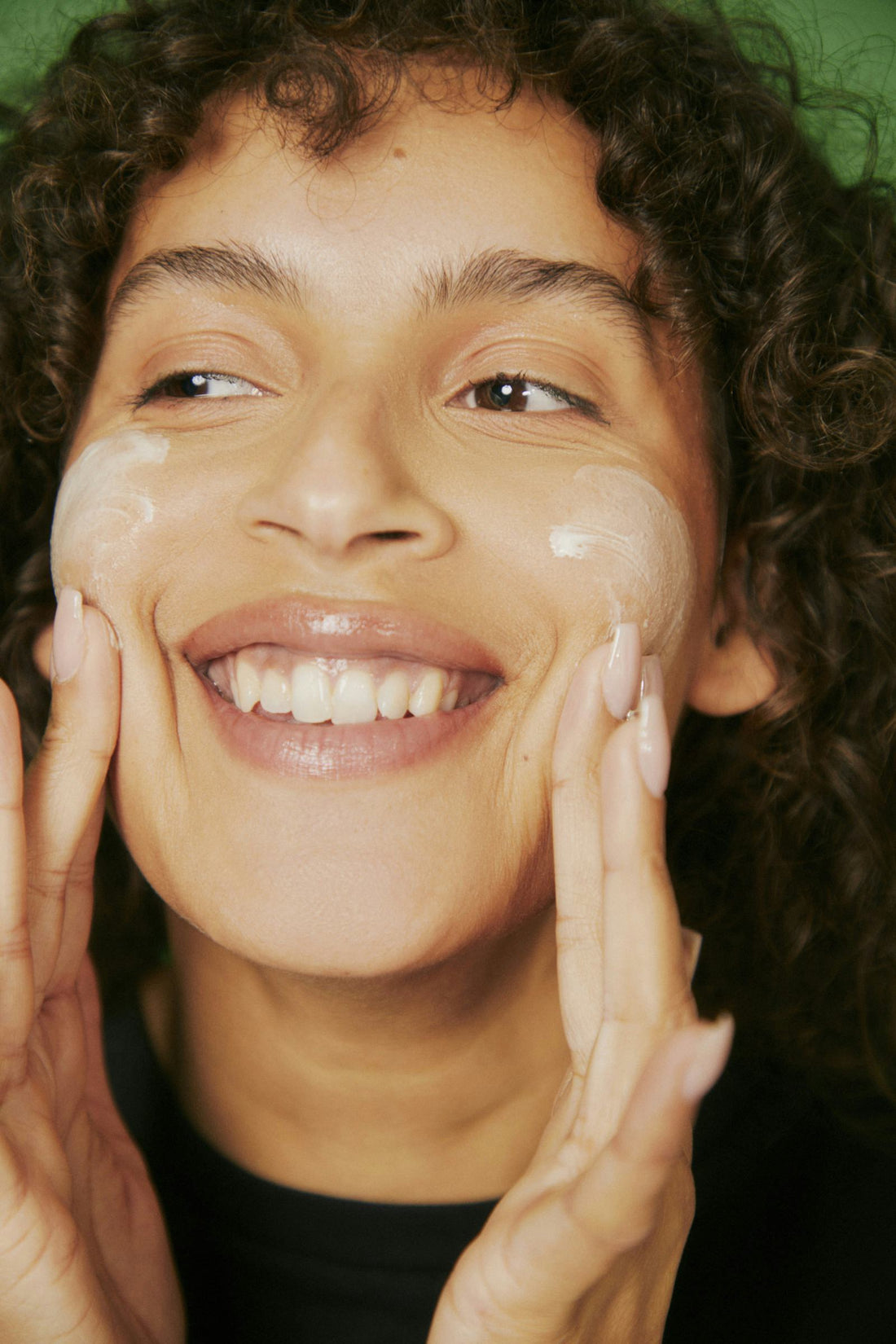What are Phytoceramides?
Phytoceramides are plant-derived ceramides, which are lipid molecules naturally found in the skin. These ceramides play a crucial role in maintaining the skin's barrier function and retaining moisture.
Phytoceramides are derived from plants such as rice, wheat, and sweet potatoes and are available in both topical and oral supplement forms. By replenishing the skin's natural ceramides, phytoceramides help improve skin hydration, elasticity, and overall appearance. Phytoceramides are an essential part of the Della Pella anti acne supplement.
Do Phytoceramides Work for Skin Health?
The short answer is yes. Phytoceramides have been shown to have significant benefits for skin health. They help restore the skin's natural lipid barrier, which is essential for maintaining hydration and protecting against environmental aggressors.
Several studies have demonstrated the effectiveness of phytoceramides in improving skin moisture, reducing signs of aging, and enhancing skin texture.
Phytoceramides and Skin Hydration
The relationship between Phytoceramides and skin hydration has been extensively studied.
Phytoceramides work by replenishing the skin's natural ceramides, which are critical for retaining moisture and preventing dryness.
Restoring the Skin Barrier
Phytoceramides help restore the skin's lipid barrier, which is responsible for keeping moisture in and harmful elements out.
A healthy skin barrier prevents water loss, keeping the skin hydrated and supple. This is particularly beneficial for individuals with dry or sensitive skin.
Reducing Signs of Aging
Phytoceramides can help reduce the appearance of fine lines and wrinkles by improving skin hydration and elasticity.
Well-hydrated skin is plumper and more resilient, which can diminish the visibility of aging signs.
Enhancing Skin Texture
Regular use of phytoceramides can lead to smoother and softer skin.
By restoring moisture and strengthening the skin barrier, phytoceramides help improve overall skin texture and appearance.
Scientific Studies
Several scientific studies have demonstrated the positive effects of phytoceramides on skin health. For instance, a study published in the "Journal of Clinical Interventions in Aging" found that oral phytoceramide supplements significantly improved skin hydration and reduced wrinkles in participants.
Another study in the "Journal of Cosmetic Dermatology" reported that topical application of phytoceramides enhanced skin barrier function and hydration.
Dosage and Usage
Phytoceramides are available in both oral and topical forms. The recommended dosage for oral phytoceramide supplements typically ranges from 350 to 500 mg per day.
For topical use, phytoceramides can be found in creams, serums, and lotions. It is important to follow the product instructions and consult with a healthcare provider before starting any new supplement or skincare regimen.
Zinc may be the most effective supplement for acne, followed closely by phytoceramides. These two used together can be an effective treatment for many people.
Potential Side Effects
Phytoceramides are generally considered safe for most people. Individuals with wheat or gluten allergies should be cautious and choose phytoceramide supplements derived from non-wheat sources.
Conclusion
Phytoceramides play a vital role in maintaining healthy, hydrated skin. Their ability to restore the skin's lipid barrier, improve hydration, and reduce signs of aging makes them a valuable addition to skincare routines.
For individuals seeking to enhance their skin health, phytoceramides offer a promising solution. Whether taken as an oral supplement or applied topically, phytoceramides can help achieve smoother, more youthful-looking skin.
